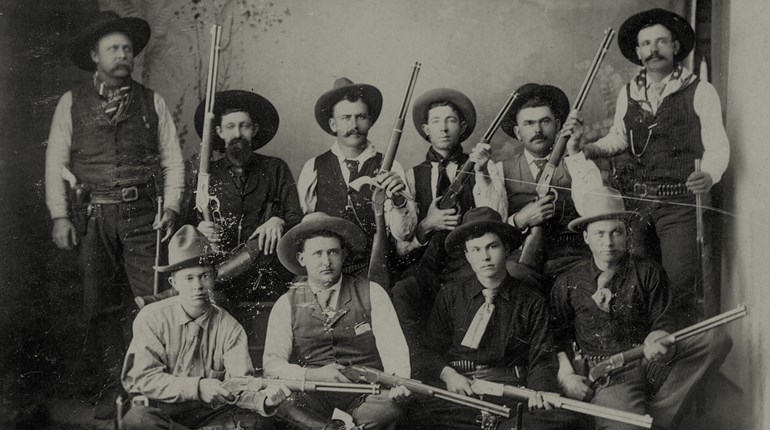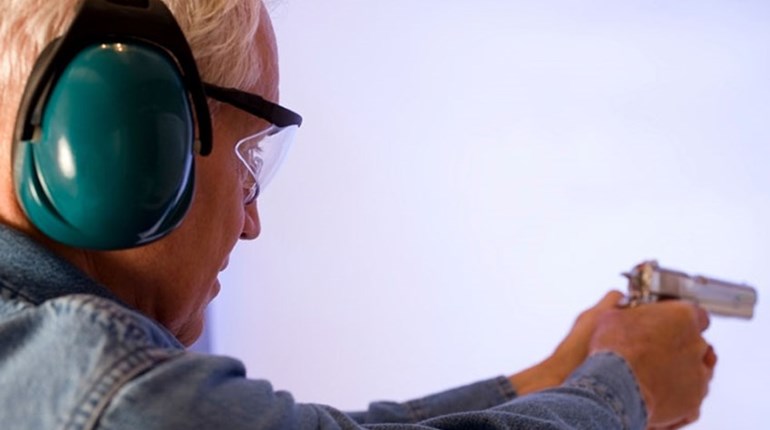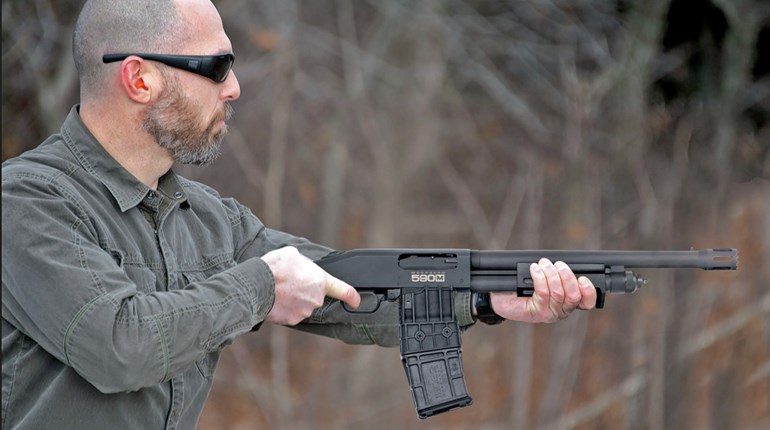
Recently, I was told about an incident down at our horse barn where a lady was bucked off her horse, suffering a badly broken ankle among other injuries. There were several people in the vicinity, but only one of them took immediate charge of the scene. This young woman rushed forward and began giving appropriate first aid. At the same time, she instructed one of the bystanders to come help her. She told another to contact EMS and get them en route to the scene. And she told a third to catch the horse and put it up. In short, she took complete and immediate charge of the situation and had things in pretty good shape by the time professional help arrived.
By contrast, I was once involved in the aftermath of a home invasion in a rural area. Besides me, there were three other men present. Two of them, like myself, were what you might call advanced middle age. The third fellow was about 30 years younger than we were, in fine physical shape, with military experience and currently serving as an instructor for one of those private-security groups that worked in the Middle East. The two older gentlemen quickly armed themselves and joined me in conducting a perimeter search to make sure the crooks were really gone. The young fellow did nothing. He didn’t arm himself. He didn’t offer to help in any way. He just stood around in the house sort of observing everything.
Reflecting on these incidents caused me to wonder why we react to emergencies and violence the way that we do. Doing some research, I was surprised to find one study which reported that, in fact, most people will just do nothing when faced with a crisis. Firearm instructor Il Ling New told me about a report she had seen, which indicated that about 15 percent of people will flee when faced with an emergency, 15 percent will fight and the other 70 percent will just stand there and do nothing.
One of the explanations for the large number who do nothing is that they just never expected something like this—whatever it is—to happen. “It just doesn’t happen in our nice small town” or “it just doesn’t happen in our upscale neighborhood.” They are shocked into inaction, because their brain is trying to compute and understand all that is going on, which happens to be something it has never seriously contemplated before, if at all.
One of the reasons we react the way we do is because of examples set by our parents or other adult authority figures. It is learned behavior and can be good or bad. When we see a parent jump into action when a child is hurt, that is ingrained in us. When we see a parent go all to pieces when there is a grease fire on the stove, that, too, is ingrained in us. In a child’s mind, the parent’s reaction is the proper response, whether it is good, bad or indifferent. In my case, I am not afraid of snakes, though I certainly respect them, because my father was not afraid of snakes.
We can also have trouble reacting effectively when we are taken out of our element. While I am comfortable along the banks of the Rio Grande, I am not nearly so comfortable when visiting a big city like New York. That comfort, or lack of it, may affect how I perceive danger and how quickly I find the proper solution to the problem. However, we can overcome negative behavior and overcome our fears by addressing them directly. We may not make the fear go away, but we can learn to react effectively in spite of that fear. We do this by recognizing problems that can arise and developing a plan to deal with them. It helps to have professional training in recognizing what are realistic problems and realistic solutions.
We should also recognize that real problems don’t always present themselves like we have imagined they will. We may have envisioned that a home invader will kick in the front door when, in fact, he grabs one of the kids out in the yard and comes in the back door, using the child as a hostage.
So, in fact, the real solution to inaction is to have a plan. But, we also understand that we may have to modify that plan at a moment’s notice. A weak plan put into effect immediately is far better than no plan at all. If you wait until the house is on fire and you are inhaling smoke to try to figure out what to do, whatever you come up with is liable to be less than useless. Essentially, we react the way we do because we haven’t considered that bad things can really happen to us.
Jeff Cooper said it best: Instead of wringing our hands and bemoaning our fate, we should say, “They told me this could happen and I know just what to do about it.”




































